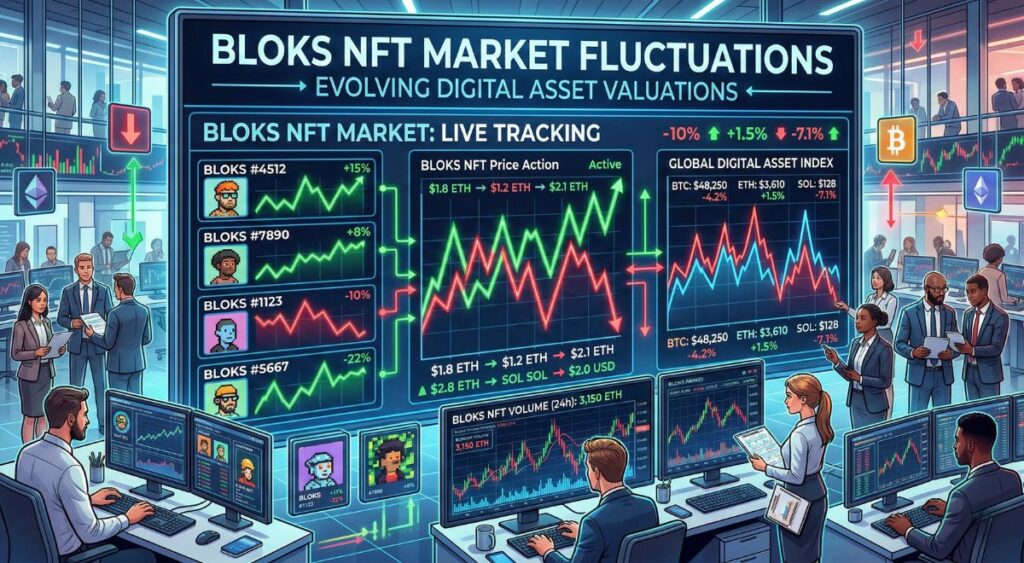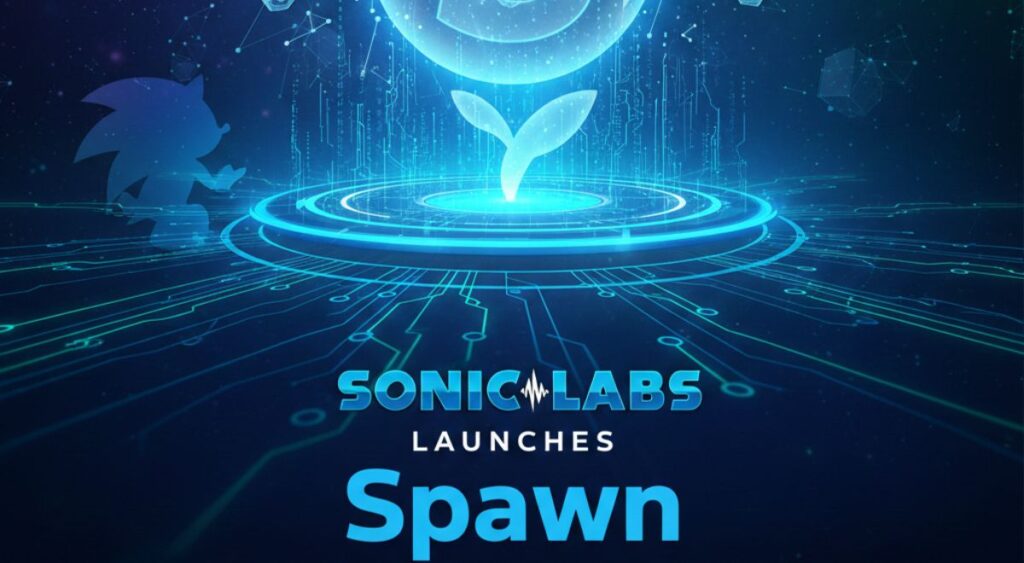Co-founder explains how a strategic pivot from DeFi to AI helped Kava outperform the market as other AI tokens stumbled.
While many AI-focused crypto projects have struggled to deliver on their promises, Kava Labs is betting on a different trajectory. Co-founder Scott Stuart says decentralized artificial intelligence is no passing trend—and certainly not a repeat of the speculative mania that fueled the rise (and fall) of NFTs.
In an interview with CoinDesk, Stuart pointed to the broader market’s disillusionment with early AI tokens. “We had this first AI wave, but it was mostly hype. Projects like Fetch talked about mergers but produced little. Others, like Virtuals or AI16z, initially surged only to crash by 80 to 90%,” he said.
By contrast, Kava has weathered the market downturn relatively well. While its token is down 5%, that’s a notable outperformance compared to the CoinDesk 20 index, which has dropped 29%.
Originally a Cosmos-based DeFi project, Kava made a decisive shift into AI to stay competitive amid a consolidating crypto landscape. Since then, it has rolled out a suite of decentralized AI tools, including Kava AI—a blockchain-native chatbot similar to ChatGPT powered by DeepSeek’s R1 large language model—alongside the autonomous AI agent Oros and a decentralized GPU infrastructure.
Stuart said the pivot was driven by the need for a compelling narrative in an increasingly crowded altcoin market. “Decentralized AI offers real utility, unlike speculative fads like NFTs. Those were memes built on top of memes,” he said. “Anything tied to meme coins will rise and fall with the hype. But decentralized AI has substance.”
Kava’s AI infrastructure is designed to be open-source, transparent, and auditable—a stark contrast to the “black box” nature of current mainstream AI systems. Stuart expressed concern over centralized models, like those from OpenAI, where algorithmic changes are invisible to users.
“With closed-source AI, you have no idea whether the model is optimized for you, for a corporation, or even for a government,” Stuart warned. “The stakes are too high to ignore that.”
He’s not alone in that view. Simon Kim, CEO of leading South Korean Web3 fund Hashed, previously told CoinDesk that closed-source AI has effectively become a “God”—powerful and opaque, yet central to modern life.
Kava Labs, in contrast, champions what Stuart calls an “open-weight” model. This approach allows users to inspect and verify the parameters of AI systems, similar to how Ethereum’s smart contracts promote transparency.
As regulators and governments begin to see AI transparency as a matter of national interest, Stuart believes Kava is well-positioned. “There’s a clear shift. The U.S. is taking AI infrastructure seriously again, and we’re building something that’s not only open-source but also certifiably made in the U.S.A.,” he said.
“The future of AI isn’t corporate-controlled,” Stuart concluded. “It’s open, transparent, and decentralized—and Kava is here to lead that future.”
















